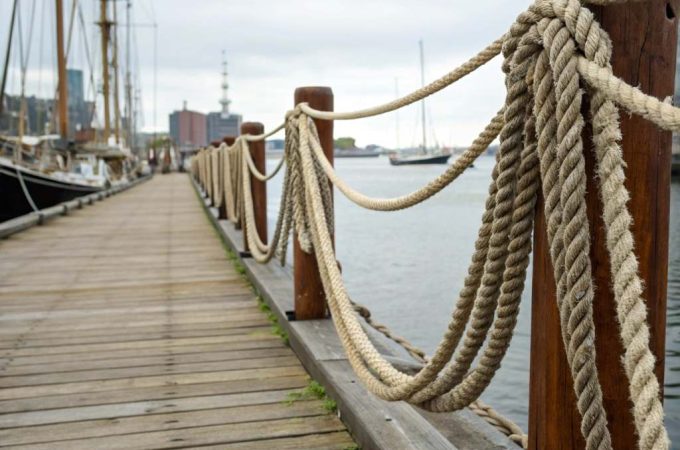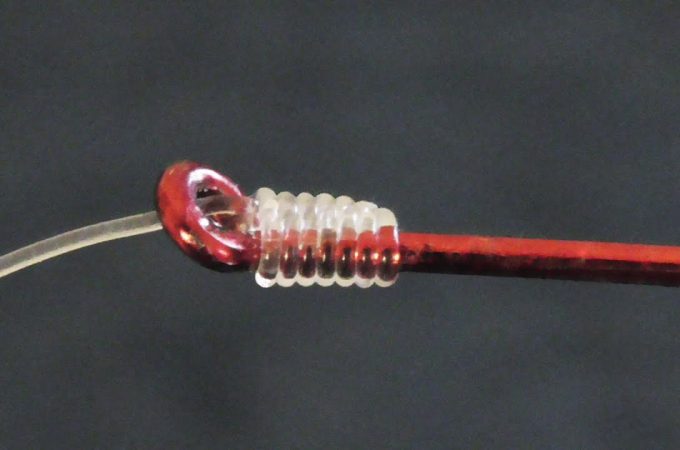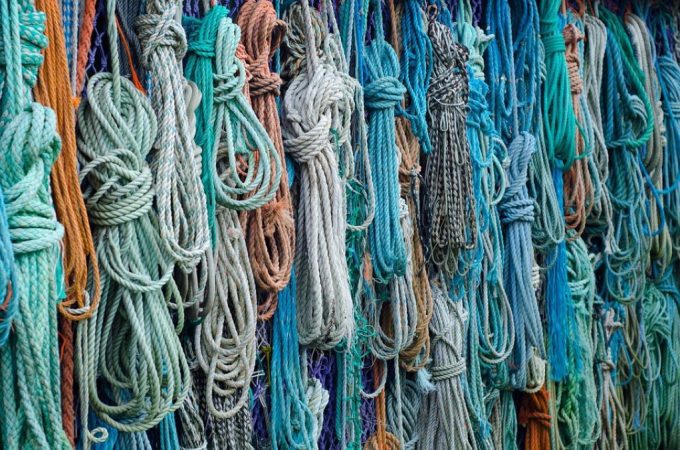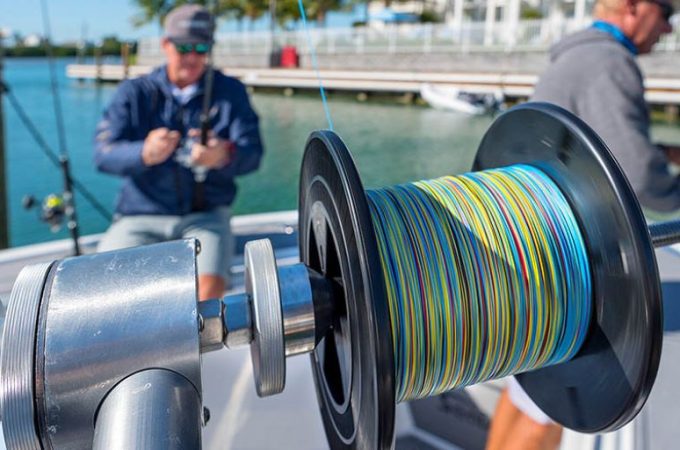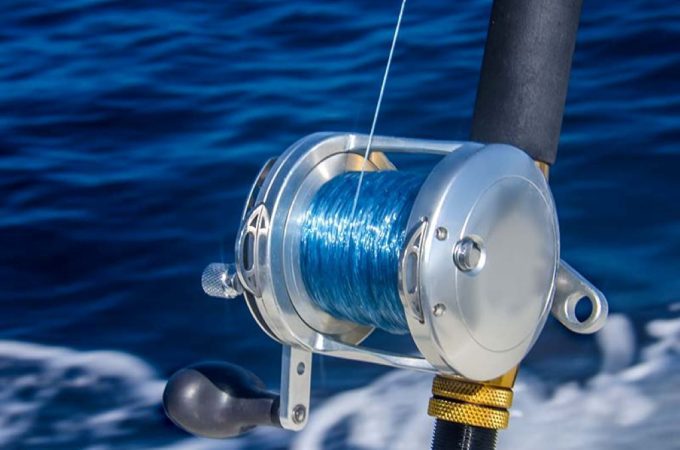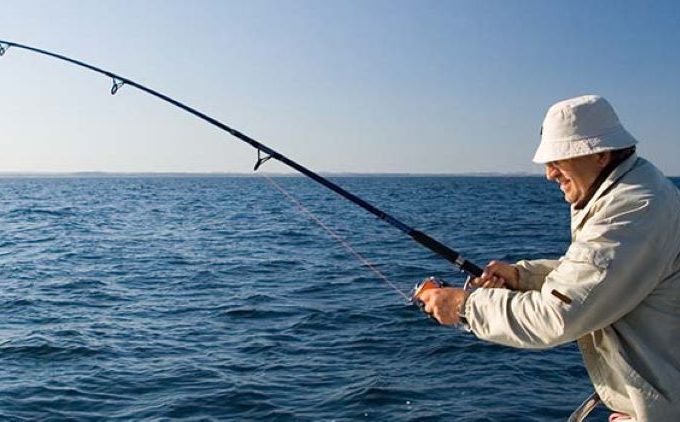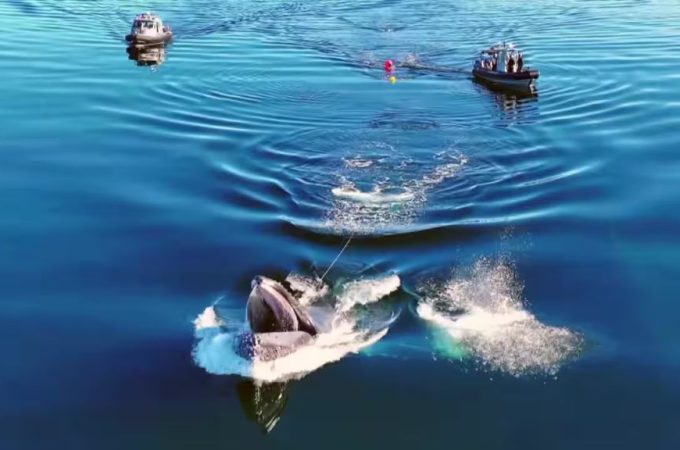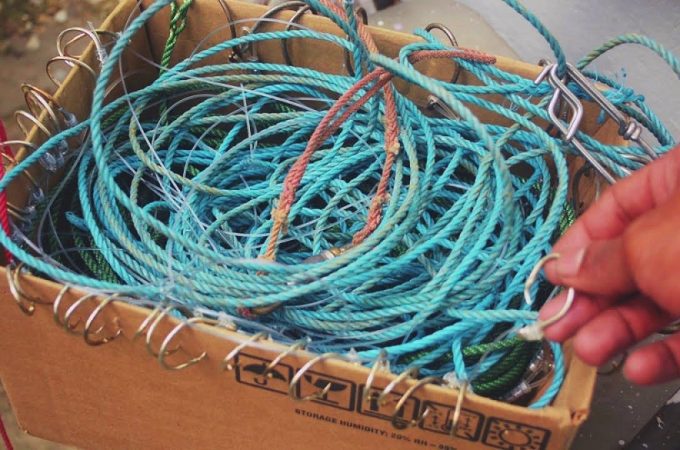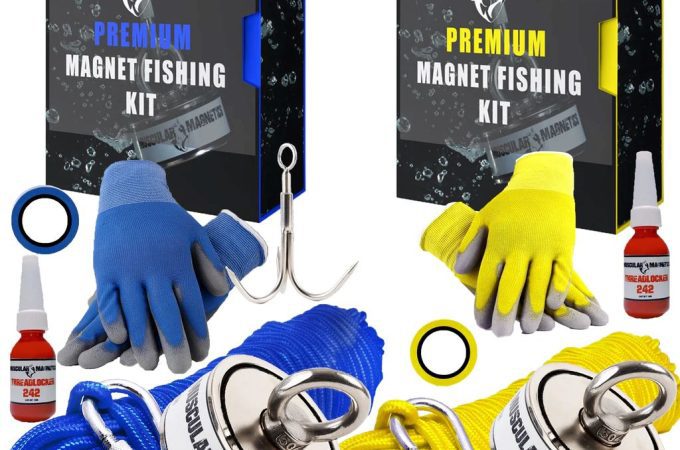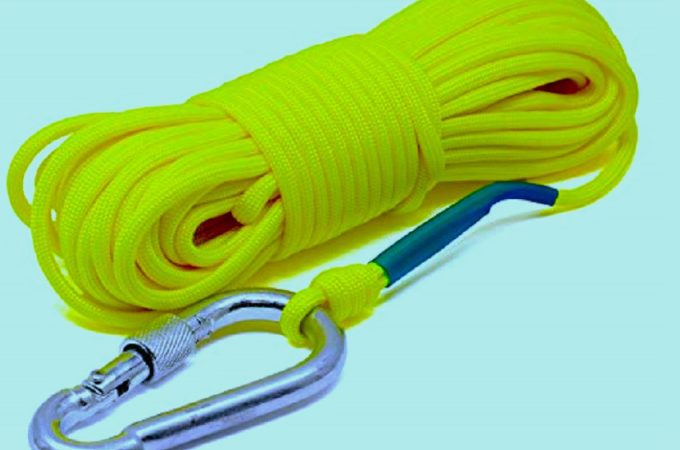In the vast world of maritime operations, the humble rope is a quiet workhorse. Whether you’re tethering a dinghy, securing cargo, or anchoring a massive vessel, the choice of rope can be the fine line between smooth sailing and a costly mishap. This guide unveils the top 10 shipping ropes that stand out in terms

